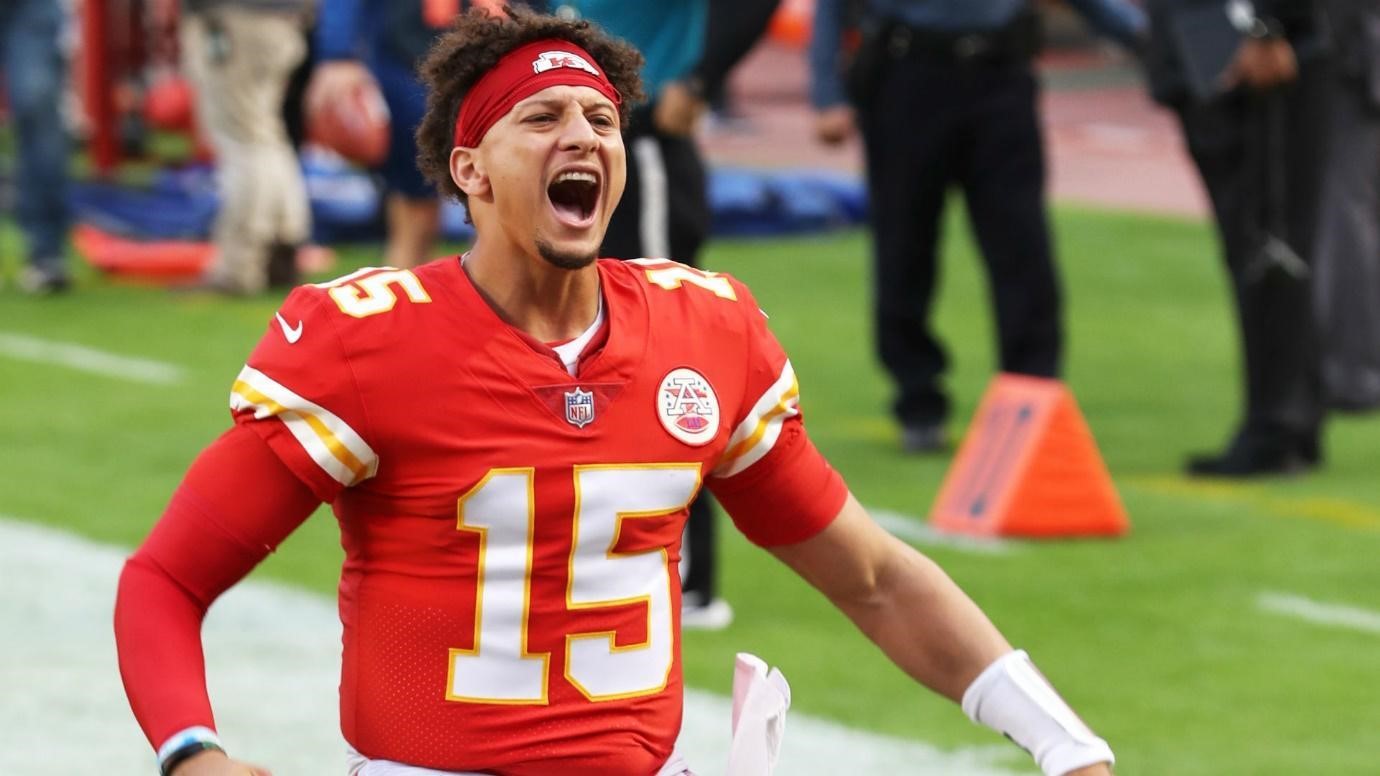Psychology in Sports: NFL Pro Athletes & The Importance of Mental Wellbeing

It can be easily neglected for fans of elite athletes to remember that the players they support or discredit are also human, and with is important to maintain their mental health. And although the advancements in public awareness for phycology in sports have surpassed its deserted recognition of the past, it’s also easy to forget when the facts remain, high-profile athletes, don’t live what would be referred to as a ‘normal life.
Your favorite NFL player can’t simply go to the grocery store. When fame overrides the actual game itself, the likes of Patrick Mahomes and his Kansas City Chiefs teammates can succumb to the day-to-day struggles that the ‘normal’ person doesn’t endure.
It’s also great to know that Kansas sports betting apps are booming in the current sports wagering market; the entertainment value of betting on the NFL during the difficult pandemic-strained years of recent have played their role in assisting some normalcy in people’s lives.
However, Mahomes and the company cannot bet on themselves. They’re unable to live a normal life and therefore sports phycology. The assistance of NFL team psychologists has been crucial for players and their mental health.
Sports Psychology Explained
The basis of sports psychology is the crossover between physical activity and mental well-being. Sports psychologists assist athletes in preserving the elite level of performance by focusing on mental fitness. In addition, they study sports participation related to skills such as teamwork and emotional regulation.
Professional athletes are under extreme physical and emotional stress. They receive pressure from coaches, their teams and teammates, the media, and the fan bases supporting them. This can result in chronic stress and distract the athletes from their intended achievements. When these factors are left untreated, it has often led to harmful mental and physical health complications.
Sports psychologists take a holistic approach to a client’s health. They incorporate each player’s physical ability as well as their mental roadblocks. This then allows them to find a solution to improving mental toughness and athletic performance in unison.
Overall, sports psychology benefits the whole person by enveloping psychology and physical performance.
Sports Psychology in the NFL
Professional football players suffer from the same mental health issues as you and I. Still, they also face uncommon threats, like aggression, dementia, confusion, and confusion. These symptoms can escort degenerative brain disease known as CTE (Chronic Traumatic Encephalopathy), most commonly caused by head injuries.
Mental health challenges have also stemmed from the stigma within football, where “manliness” and “macho attitudes” regularly go unnoticed. “When you grow up in an environment where you’re constantly being told to suck it up, push through, brush it off, that becomes who you are and how you interact with the world,” says a former pro-footballer turned licensed professional counselor Dwight Hollier. He runs the “Total Wellness” initiative in the wellness and clinical services in the player engagement division. “It can be detrimental when faced with challenges you can’t handle yourself.”
In this holistic process, “Total Wellness” encourages athletes to think about mental health from the moment they arrive, as rookie orientation now involves several psychoeducational modules on topics such as stress management, healthy relationships, and decision-making. The initiative additionally points players in the direction of innovative programs that can help.
The NFL acquired the services of John Draper, a PhD, chief clinical officer for the Mental Health Association, to highlight the signs when players could be in a dilemma.
Draper and his organization have educated hundreds of staff members from all 32 NFL teams, from athletic trainers to security admin staff, amongst others. The training gave the staffers knowledge to assess situations, connect with those in a dilemma, solve issues and remain engaged. “It was a very enlightened approach,” Draper commented. “Very few workforces say, ‘We should teach people how to recognize and support each other in any kind of crisis.”
The NFL and other sports leagues are far from establishing the perfect mental health programs, but the evolution in this area has come leaps and bounds from their past times. The most important aspect is that mental health and sports psychology are treated as essential as the sports training itself. Future complications can be avoided with this mentality and dedication.



